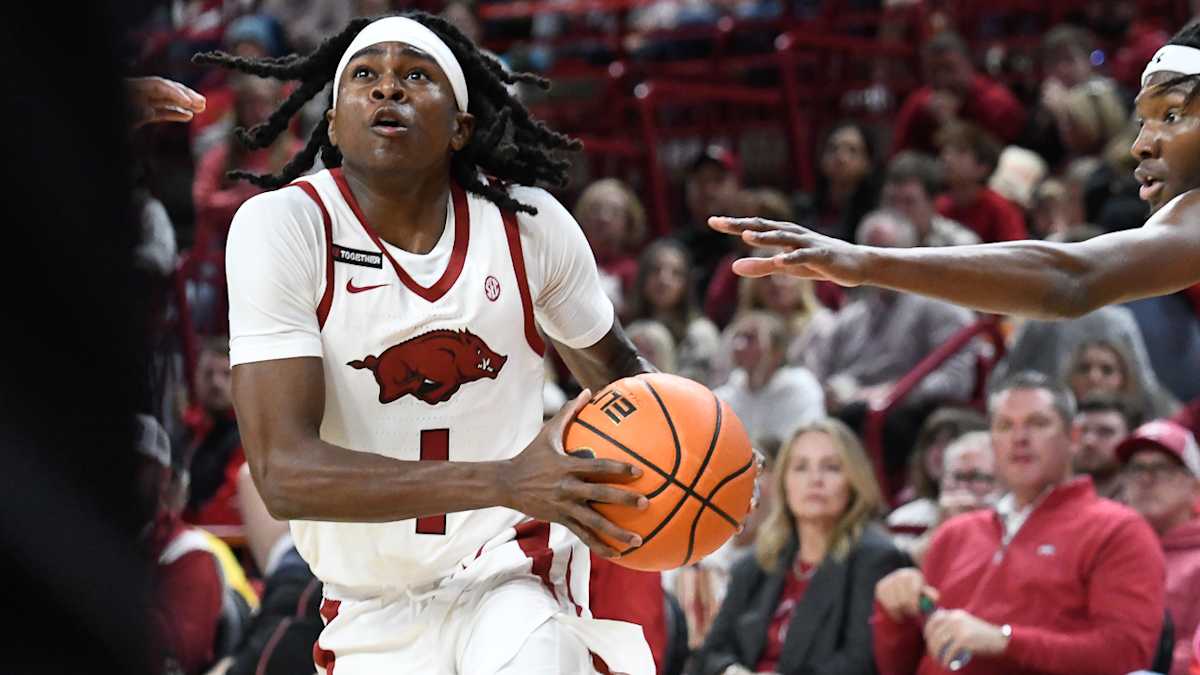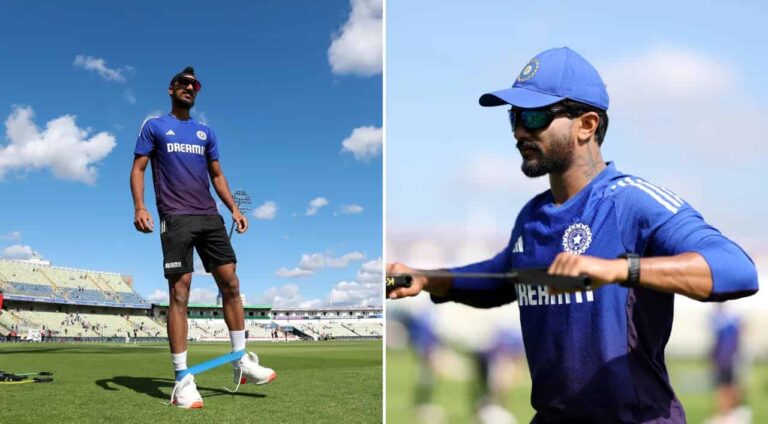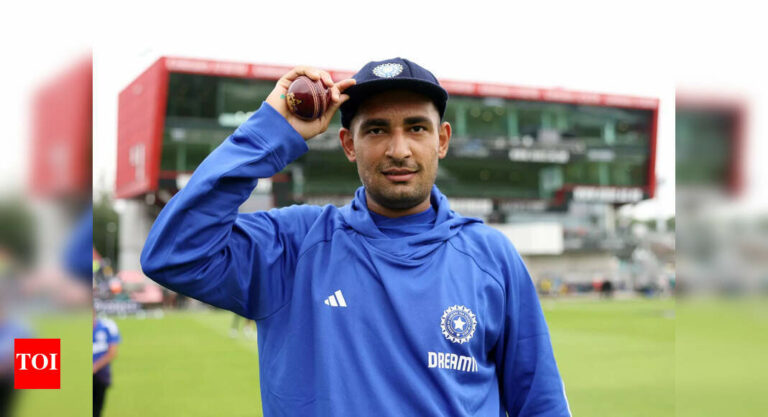
Thunder Dominate Mavericks in High-Scorching Showdown: Analyzing the Complexities
The Oklahoma City Thunder emerged victorious in an exhilarating high-scoring battle against the Dallas Mavericks, showcasing the complexities of this NBA matchup. The game was characterized by explosive offense, defensive lapses, and key strategic adjustments, leaving fans and analysts alike dissecting the intricate factors behind the outcome.
Offensive Explosiveness: A Tale of Two Halves
The first half of the game was an offensive clinic, with both teams draining shots from all over the court. The Thunder’s Shai Gilgeous-Alexander led the charge with 19 points in the opening quarter, while Luka Dončić matched his scoring prowess for the Mavericks. The half ended with a 71-63 lead for Oklahoma City, highlighting the offensive firepower of both teams.
However, the second half painted a different picture. The Thunder clamped down defensively, holding the Mavericks to just 40 points, while their offense continued to purr. Gilgeous-Alexander and Josh Giddey took the reins, combining for 29 points in the third quarter alone. Their ability to control the pace and score efficiently proved pivotal.
Defensive Adjustments: Thunder Tighten the Screws
The Thunder’s defensive improvement in the second half was not a coincidence. Head coach Mark Daigneault made key adjustments, switching to a zone defense that effectively disrupted the Mavericks’ rhythm. Dončić, who had been unstoppable in the first half, was limited to just 11 points after halftime.
The zone also forced the Mavericks to rely on outside shooting, which they struggled with on the night. Dallas shot just 27.6% from three-point range, compared to the Thunder’s 39.1% accuracy from beyond the arc. This differential in outside shooting proved to be a significant factor in the outcome.
Key Performances: Stars Shine Bright
Gilgeous-Alexander emerged as the star of the game for the Thunder, finishing with a game-high 30 points, 8 rebounds, and 6 assists. His efficiency and ability to create shots for others were crucial to Oklahoma City’s success.
Dončić was equally impressive for the Mavericks, despite his struggles in the second half. He tallied 29 points, 11 rebounds, and 7 assists, demonstrating his all-around talent. However, his inability to find his rhythm consistently in the second half ultimately proved costly.
Strategic Implications: Building on Momentum
The Thunder’s victory was a testament to their ability to adjust to the Mavericks’ offensive firepower and exploit their defensive weaknesses. Daigneault’s halftime adjustments proved decisive, showcasing his coaching acumen and the Thunder’s adaptability.
For the Mavericks, the loss exposed their defensive deficiencies and the importance of maintaining consistency throughout the game. Rick Carlisle will need to find ways to shore up their perimeter defense and improve their shot-making in crunch time.
Conclusion: A Clash of Styles, A Complex Outcome
The Thunder’s high-scoring victory over the Mavericks was a complex clash of offensive and defensive tactics. Gilgeous-Alexander’s brilliance, the Thunder’s defensive adjustments, and the Mavericks’ inconsistencies ultimately determined the outcome.
This game serves as a reminder that in the NBA, success is often found in the intricate interplay between offense and defense. Teams must be able to adjust strategically, exploit their strengths, and minimize their weaknesses if they want to achieve victory.



